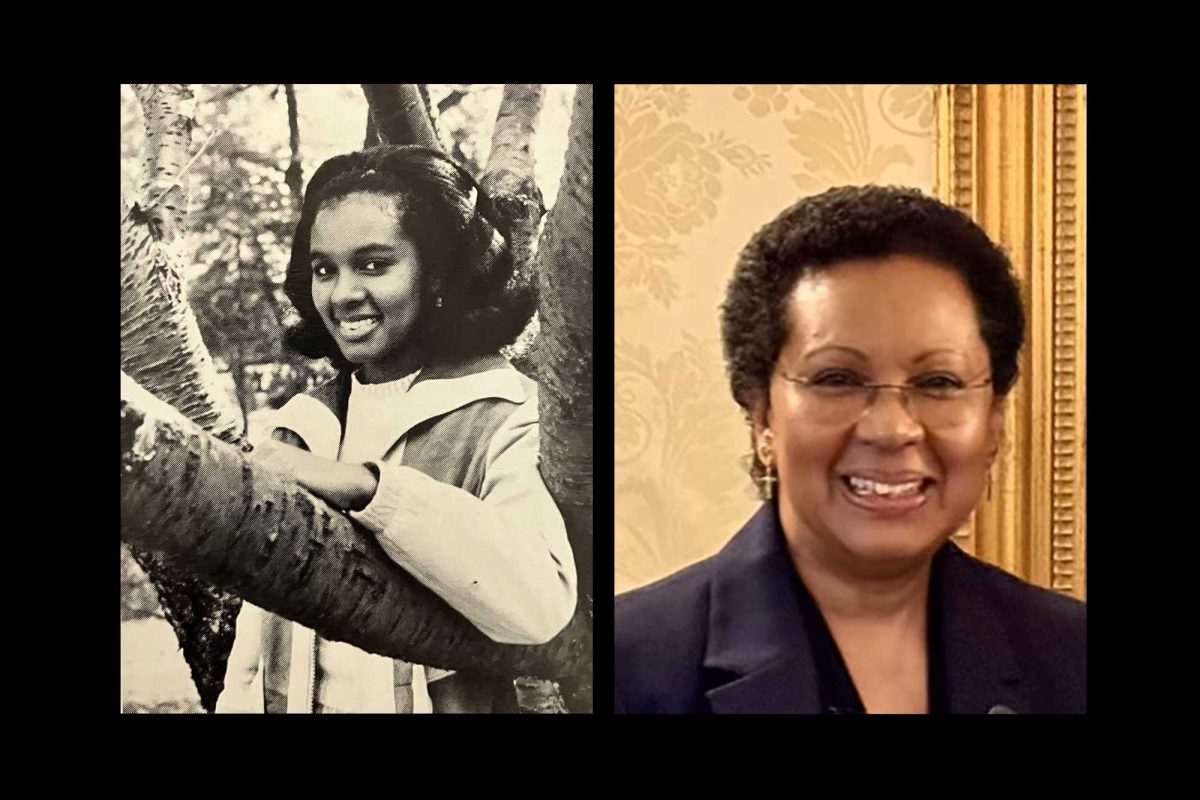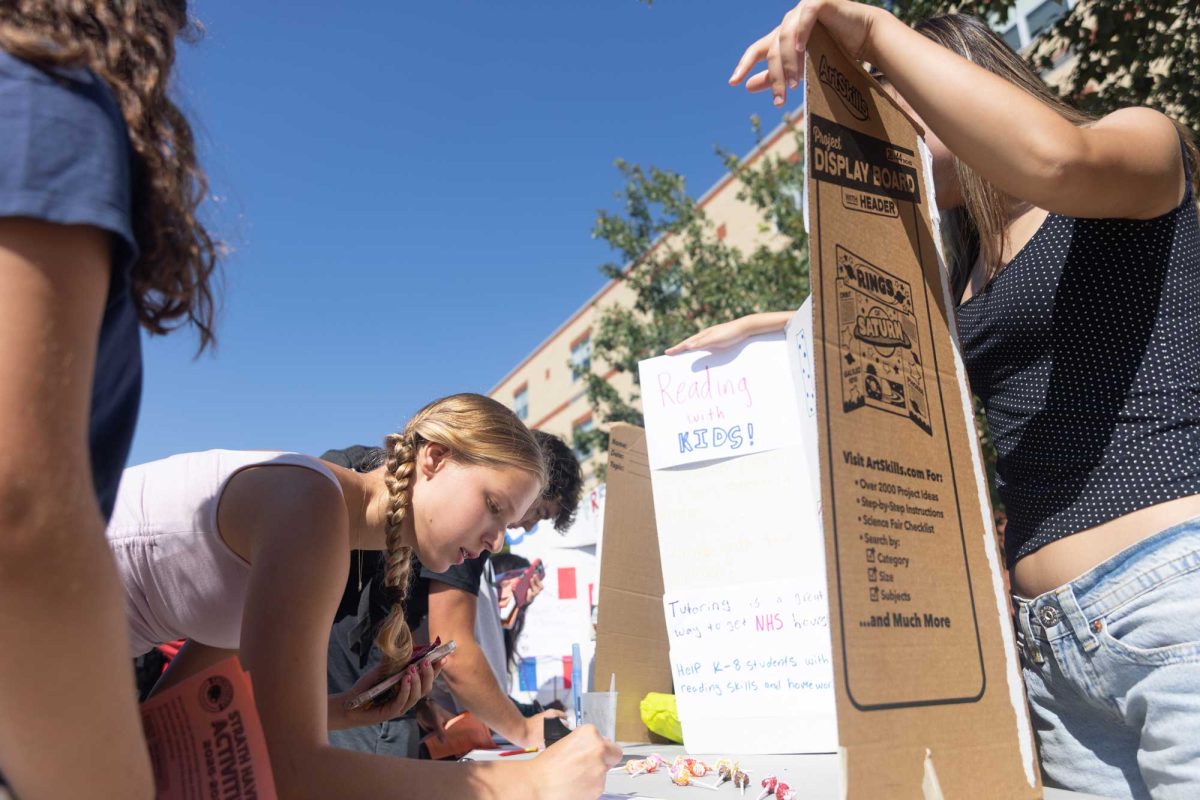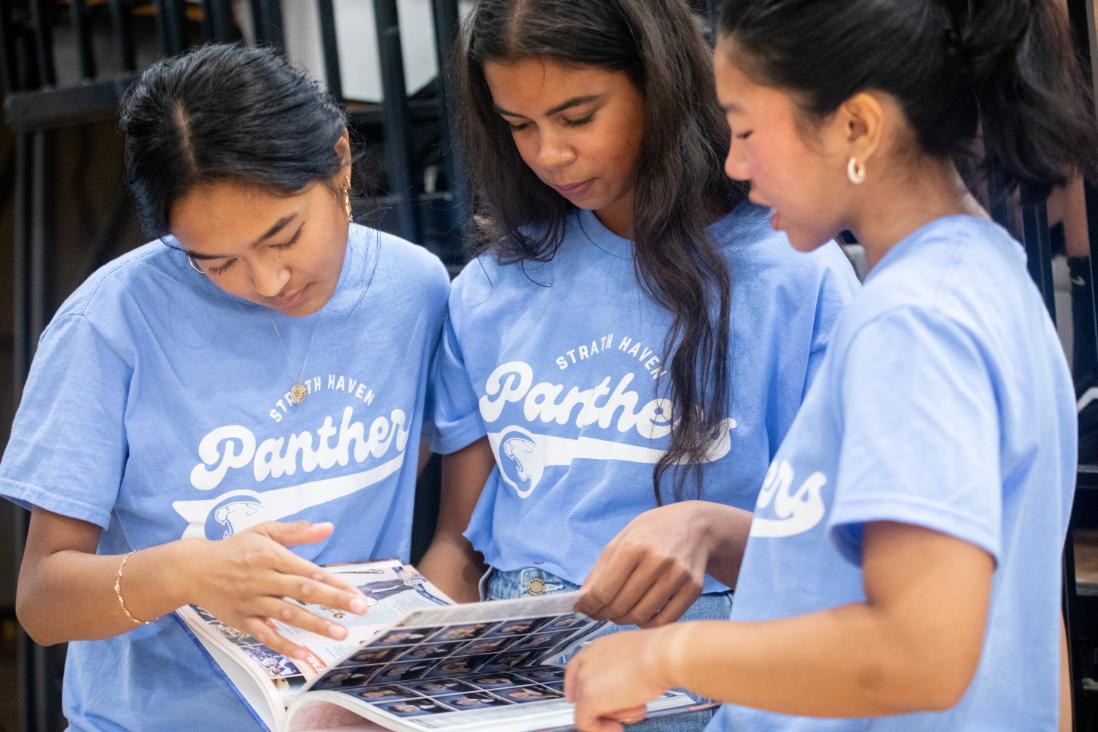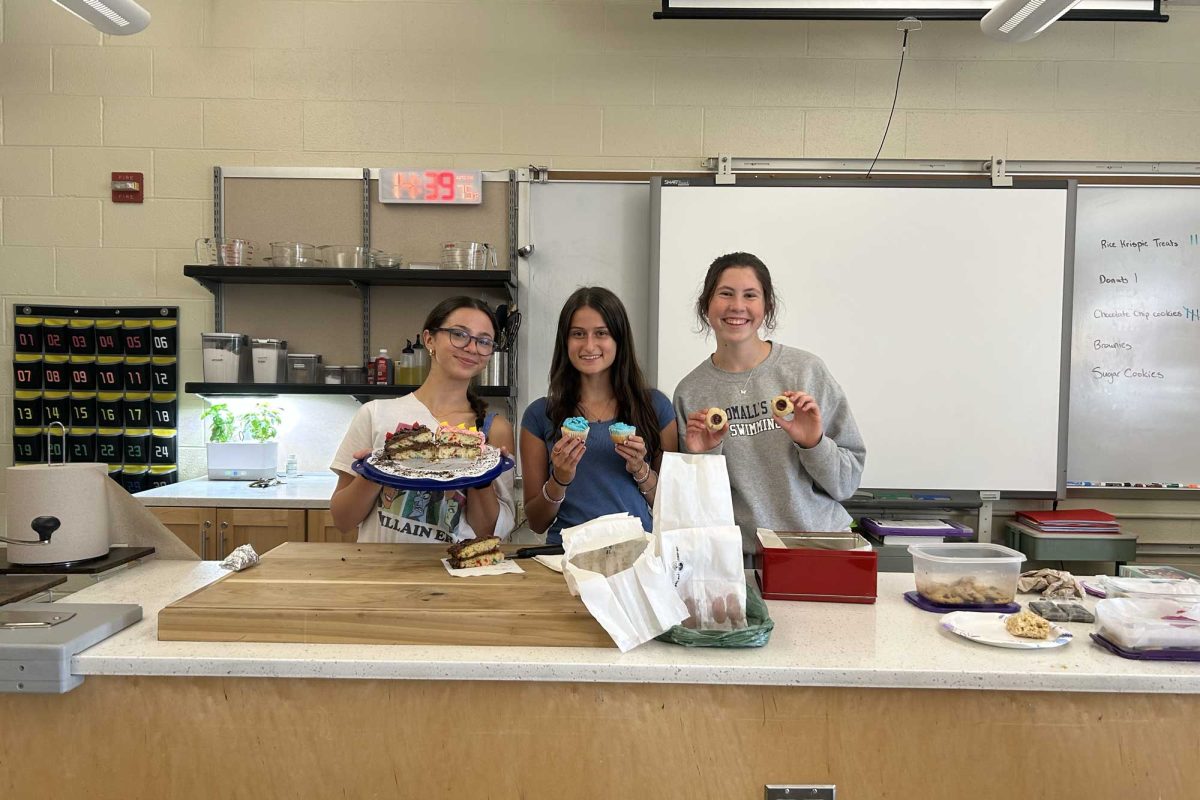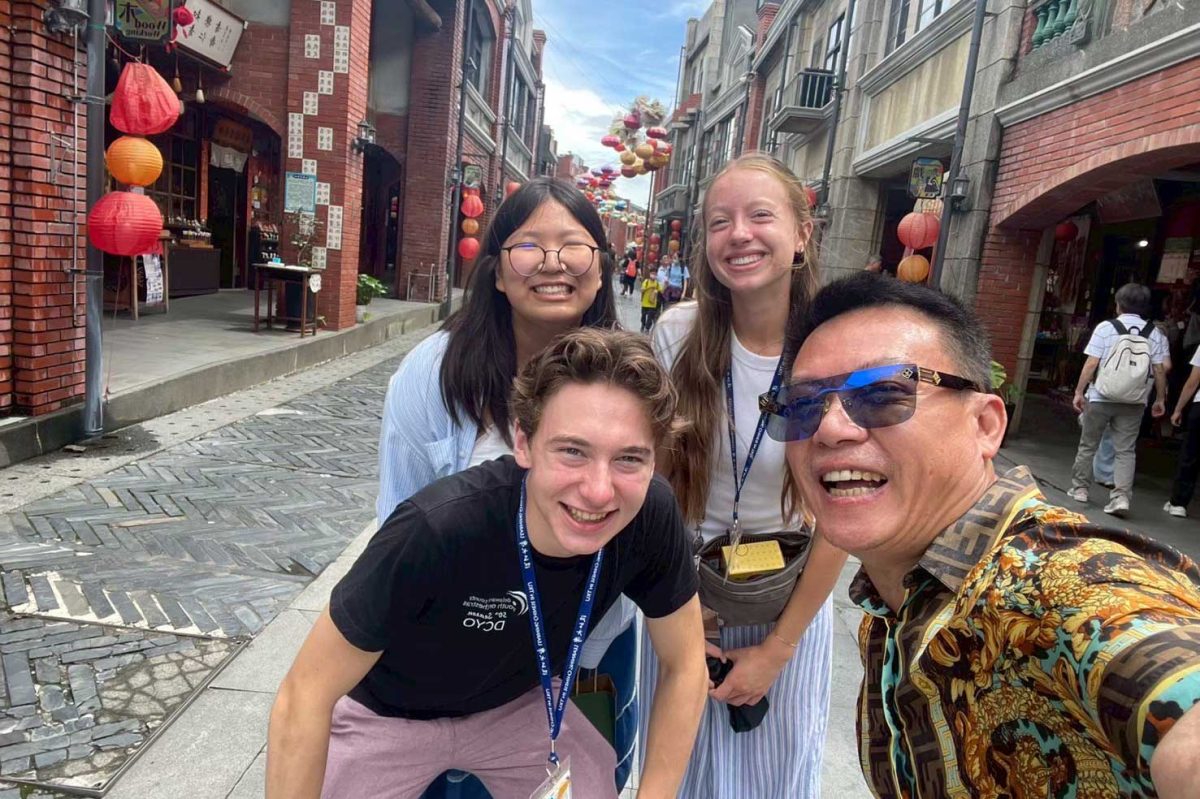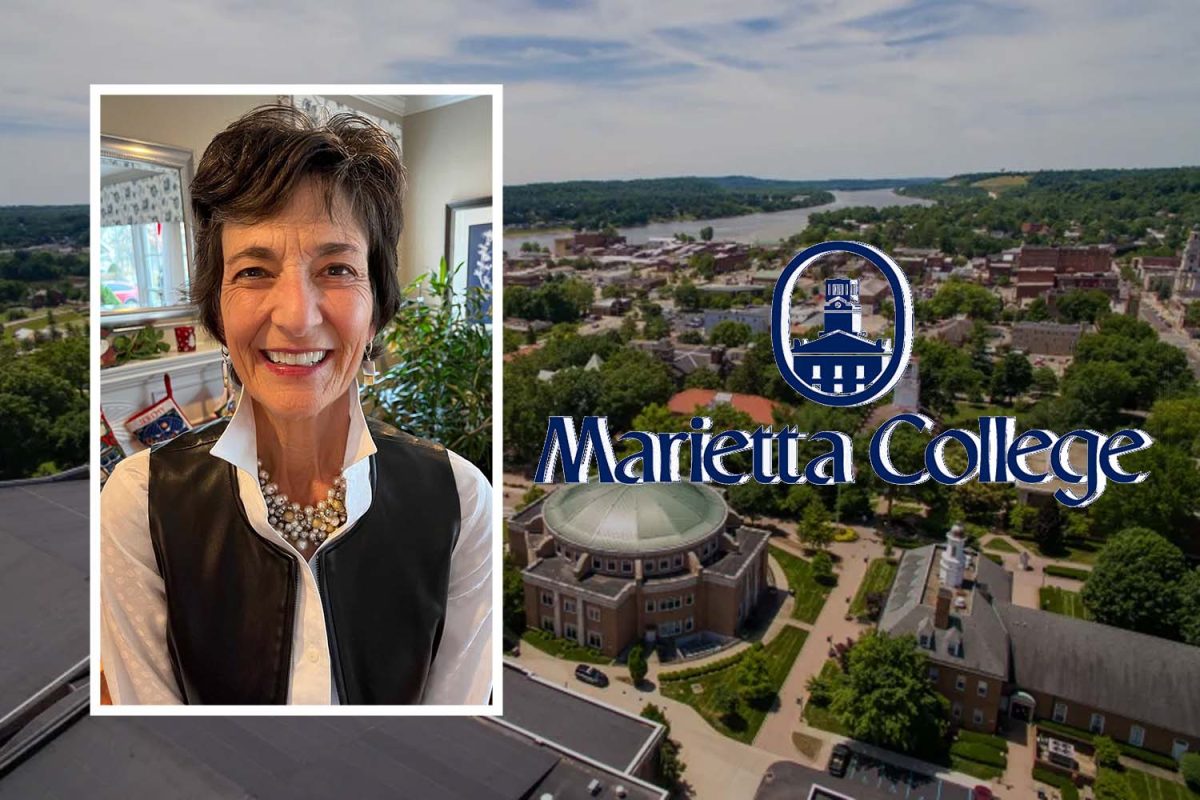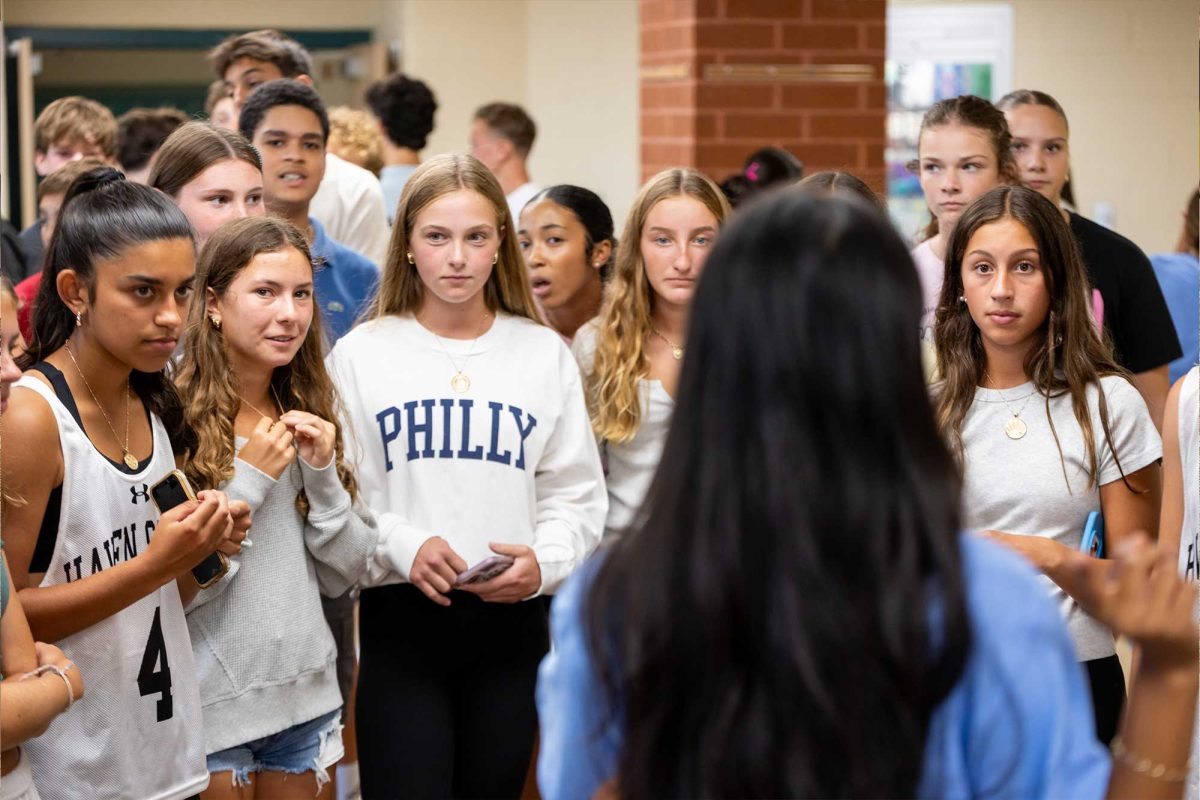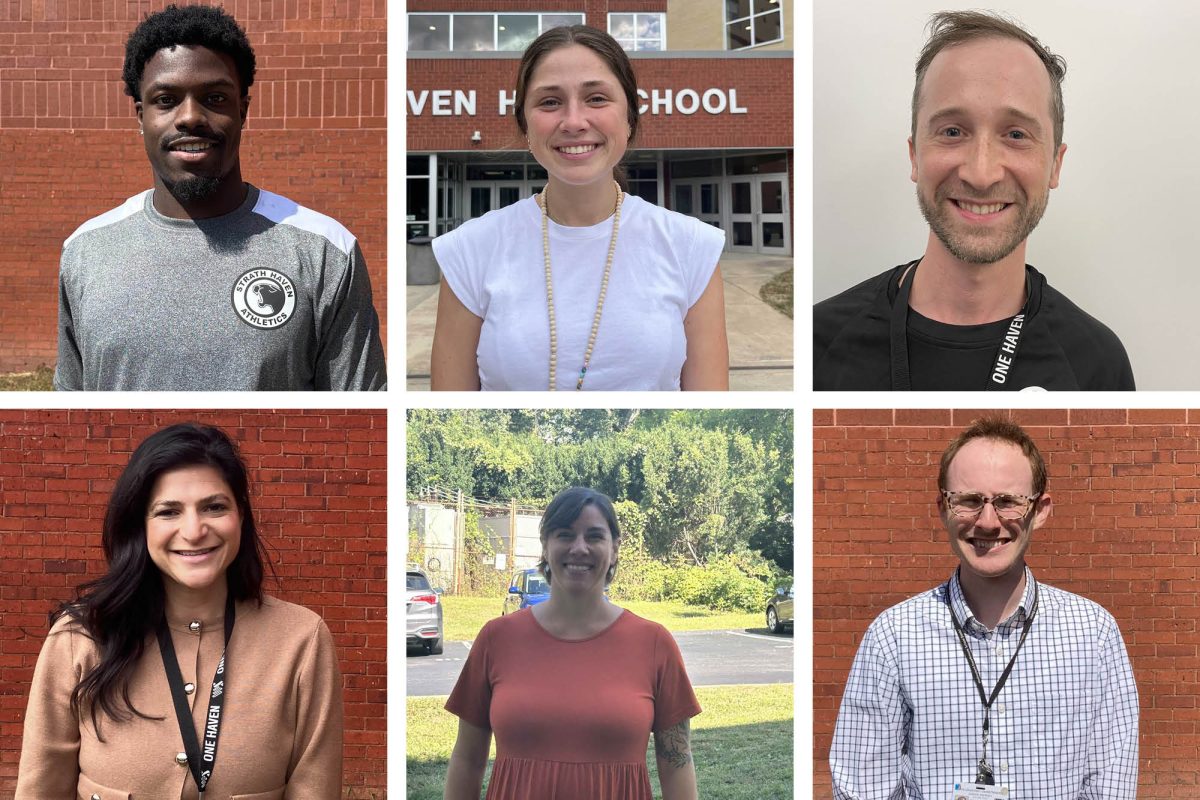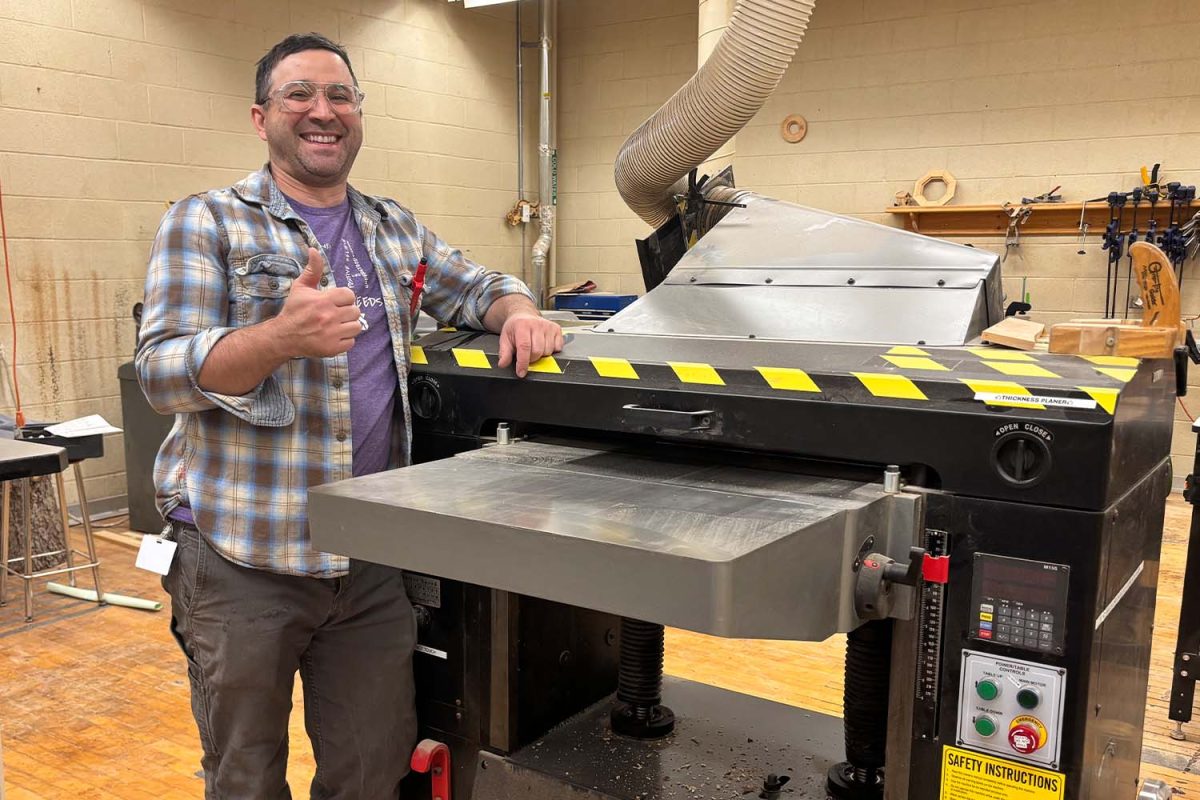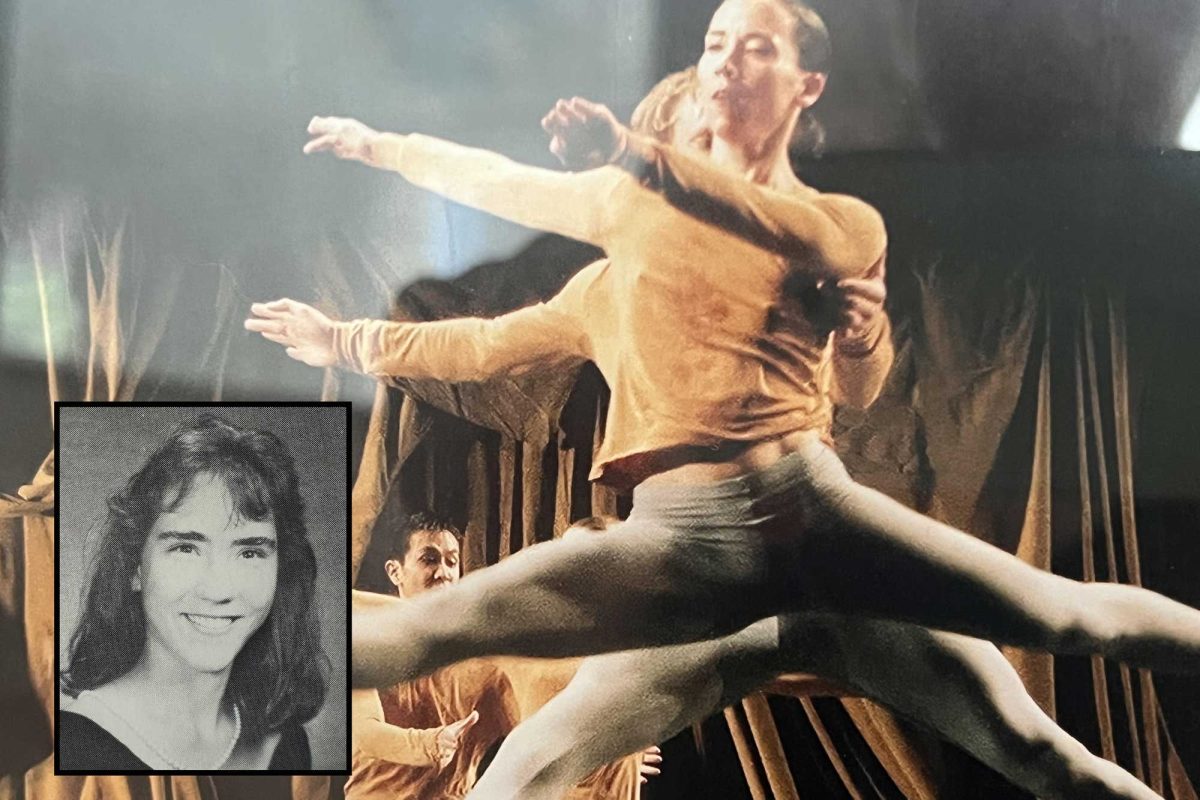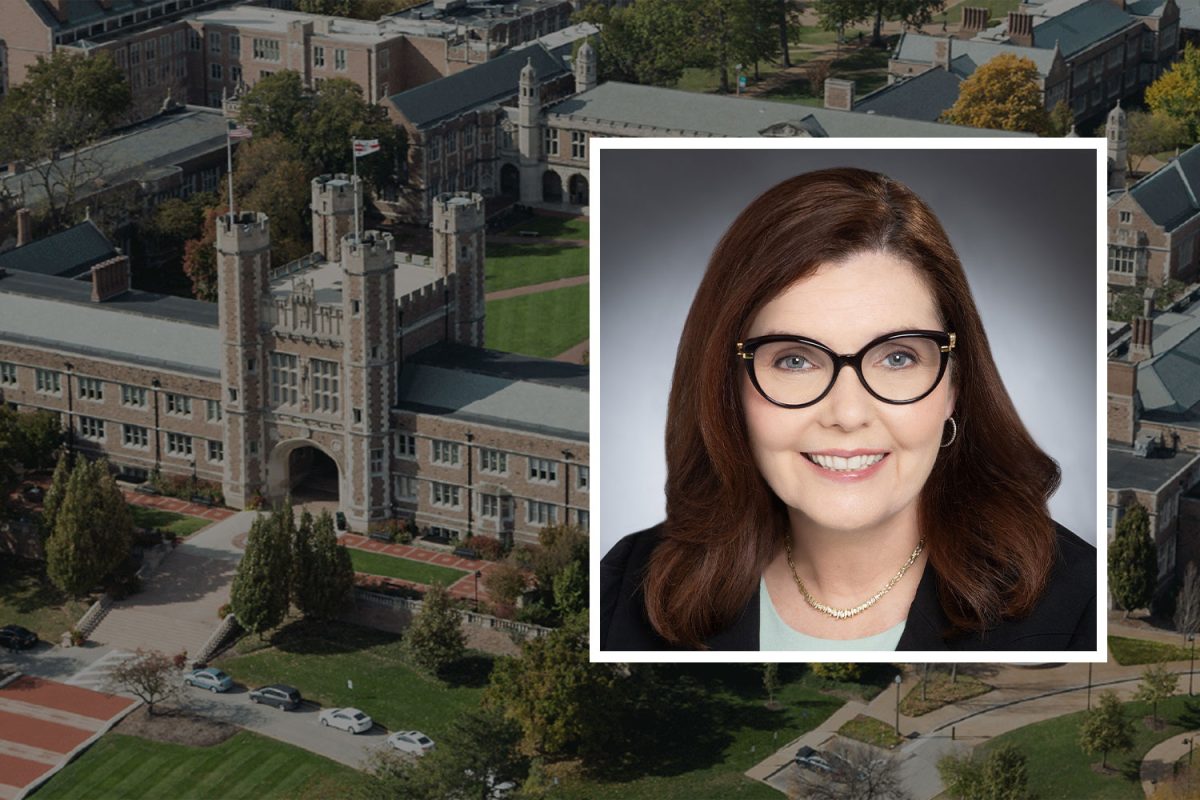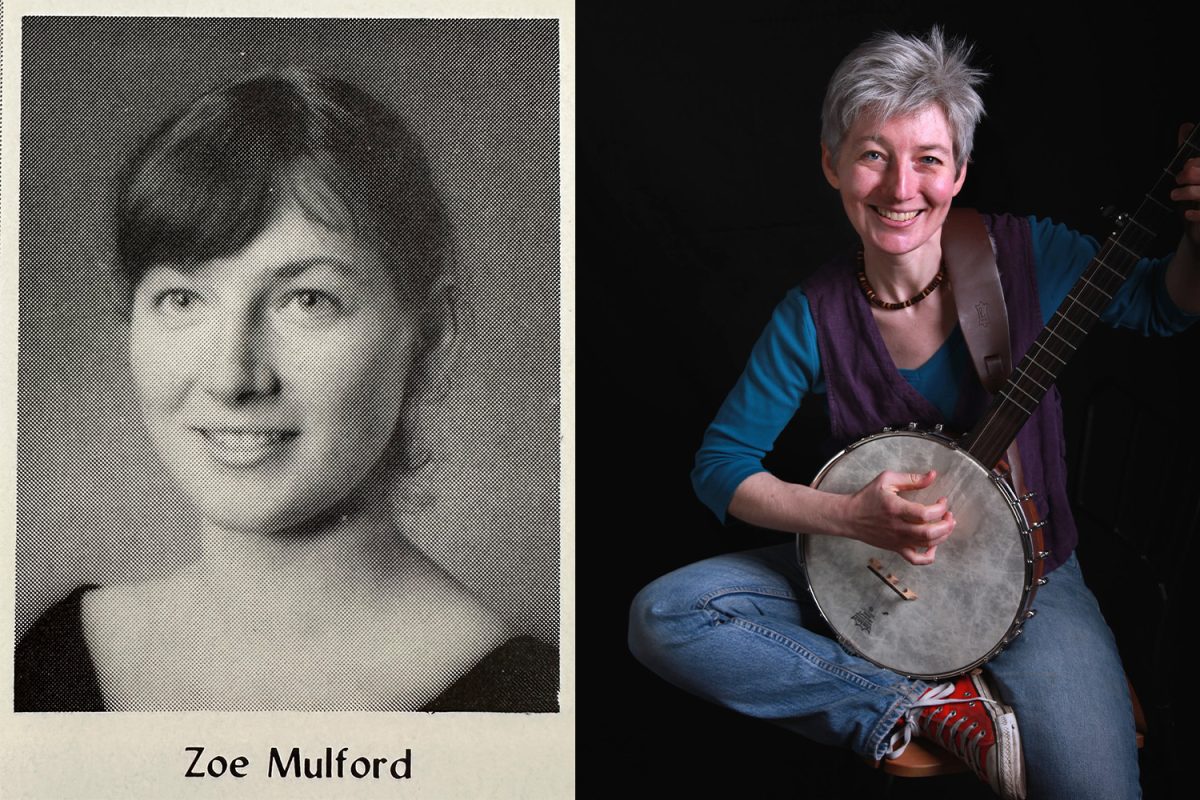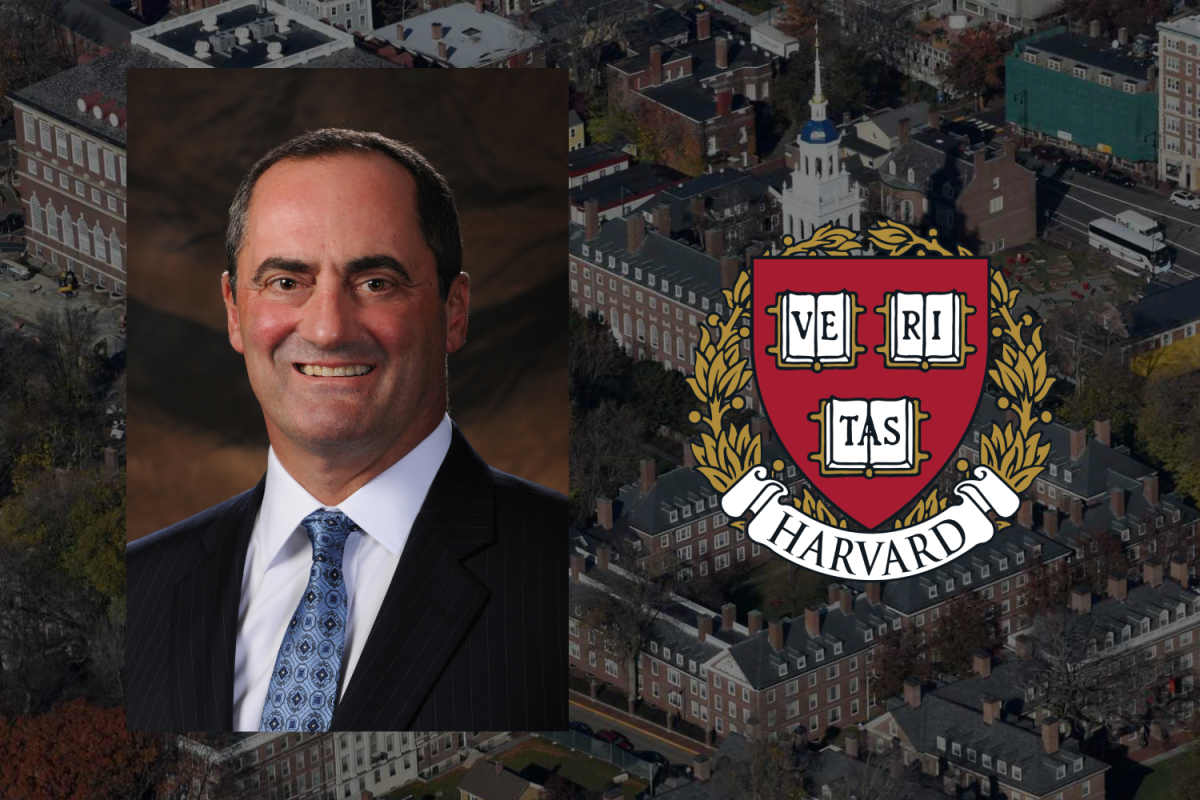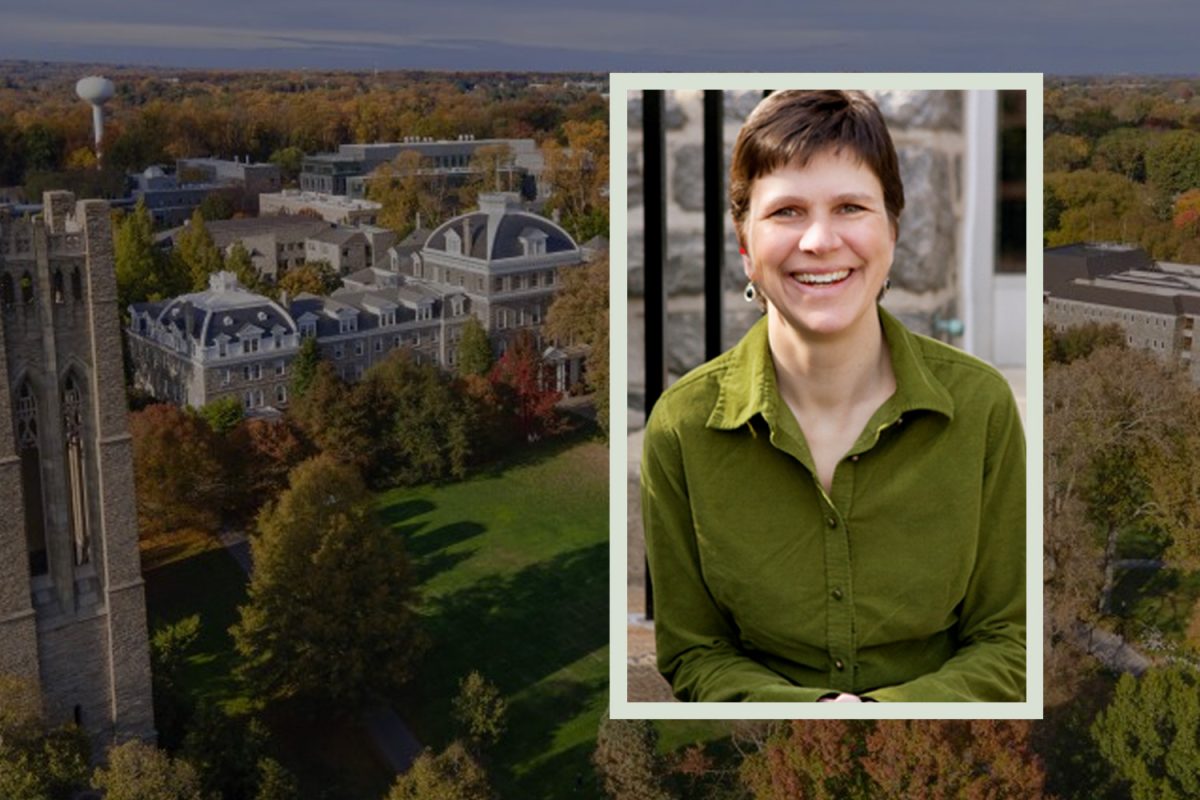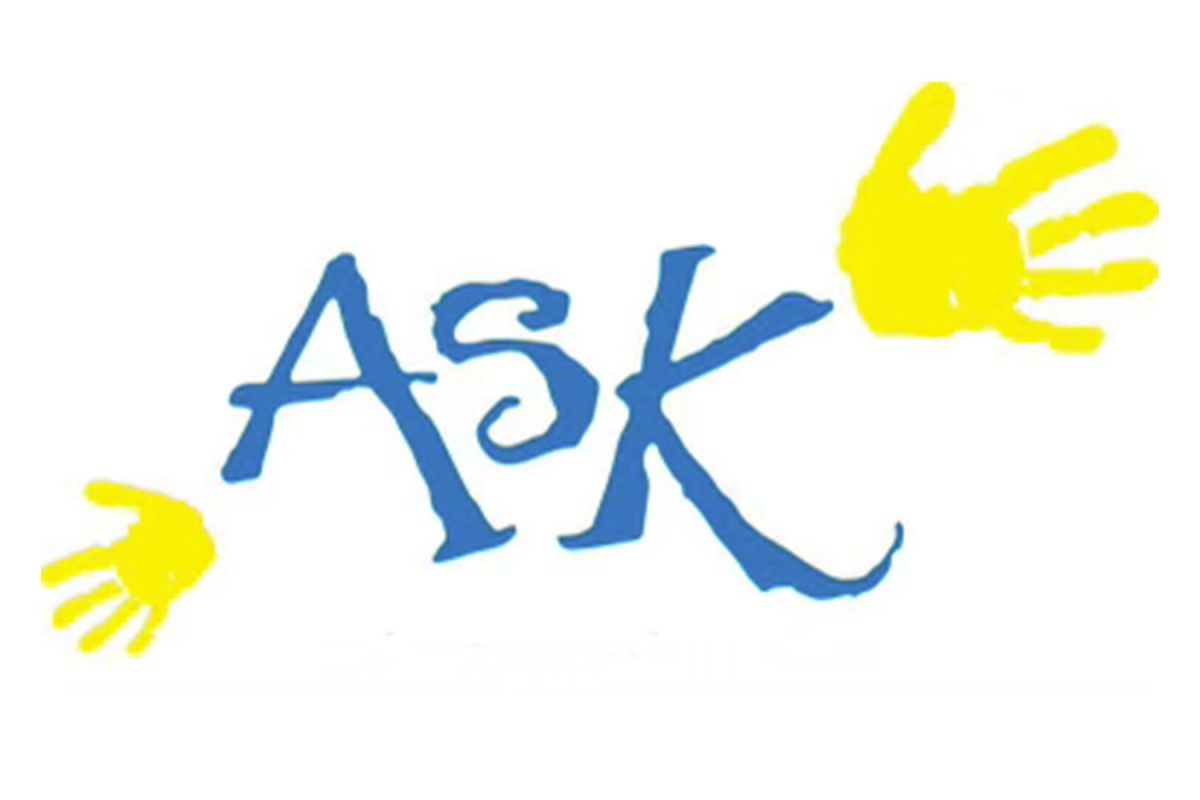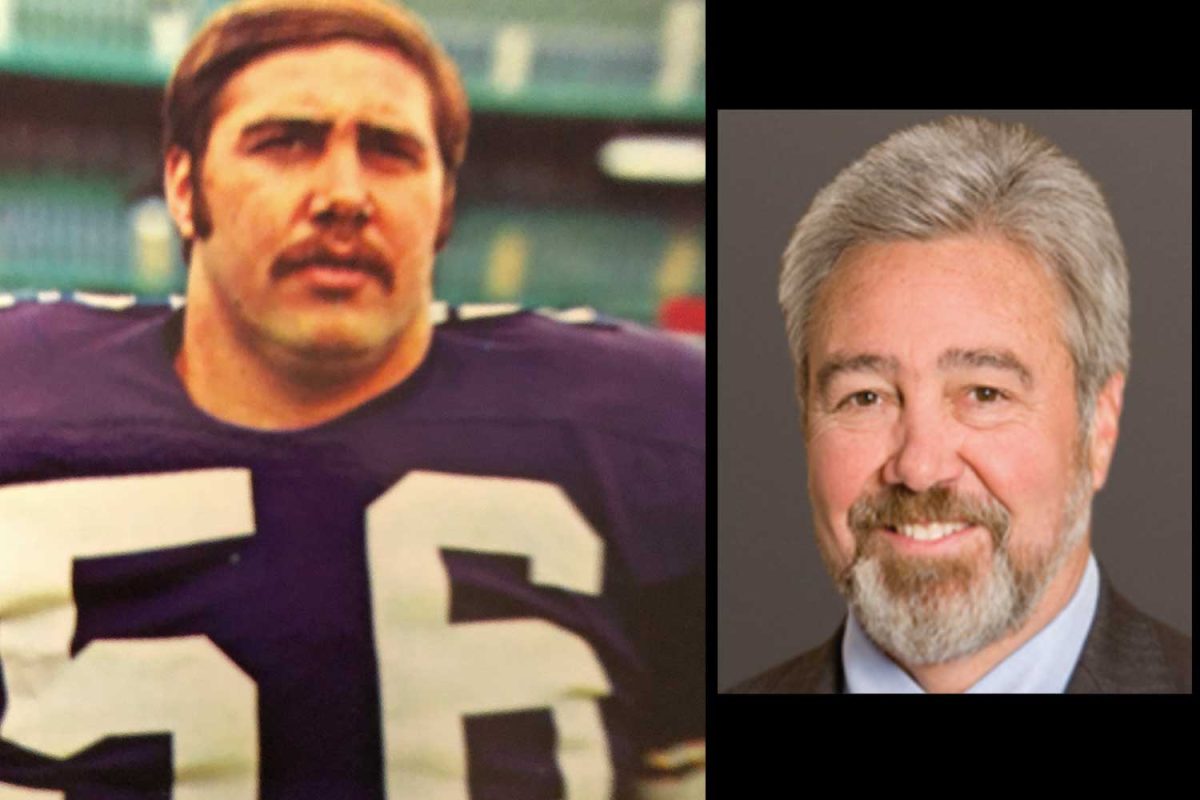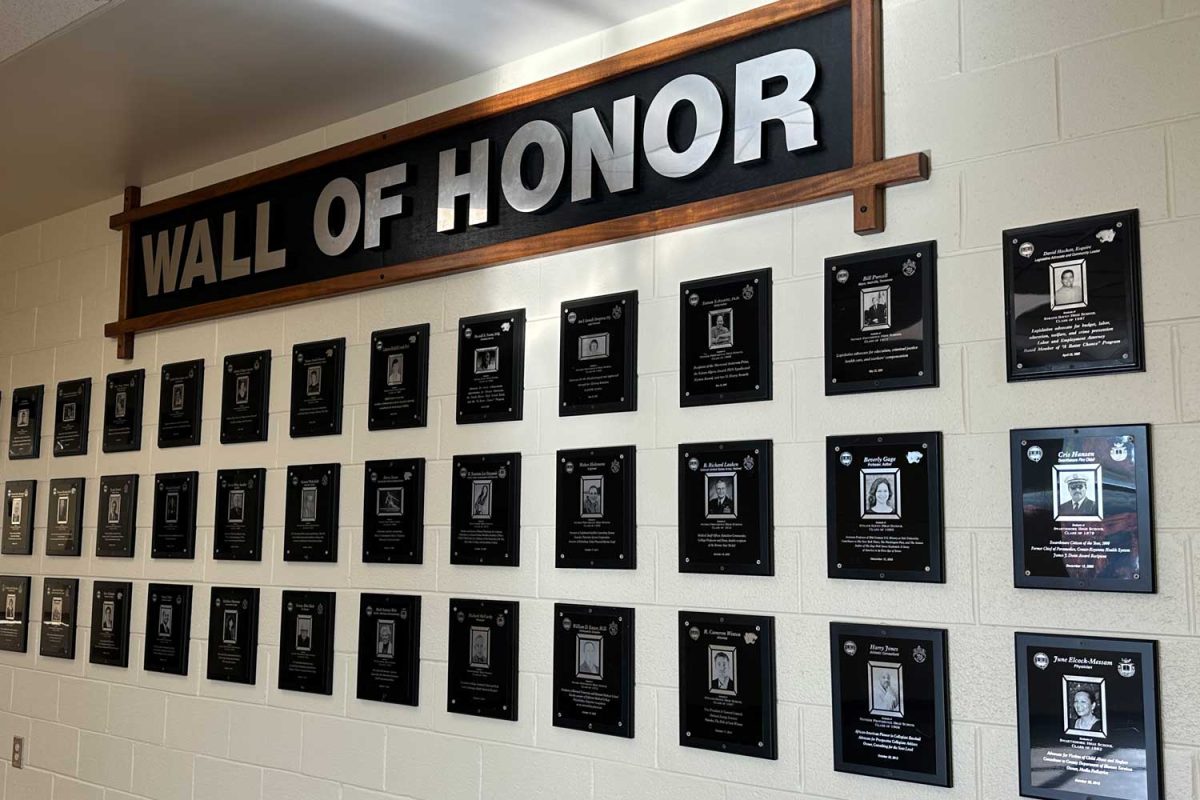About 14,400 people immigrated annually from Guyana, a country located North of Brazil and East of Venezuela, to the United States between 1976 and 1981, according to Guyanausa.com.
One of these people is Dr. June Elcock-Messam, a pediatrician who is among the 500 people certified nationally in child abuse and neglect. Elcock-Messam completed junior and senior year at Swarthmore High School and graduated in 1982.
Elcock-Messam is the president of the Every Child Counts non-profit organization which aims to improve the lives of children experiencing abuse. She is also an officer of the Delaware County Medical Society and the editor of the magazine Delaware County Medicine and Health.
This year, Elcock-Messam received the “Child and Family Advocacy Award from the Regional Council of Child and Adolescent Psychiatry of Eastern Pennsylvania and Southern New Jersey.”
Elcock-Messam wanted to be a doctor ever since she lived in Georgetown, the capital of Guyana. She left because of political violence at the time she was living there.
“There were no doctors to take care of kids at that time. So my goal was to become one of those doctors and to go back to Guyana and take care of those kids,” Elcock-Messam said.
Elcock Messam acknowledged that a small part of what she does is general pediatrics, but a big part of what she does is taking care of victims of child abuse, which she has been doing for over 25 years. She takes care of kids who have been neglected and kids who are victims of physical abuse, sexual abuse, and trafficking.
“And that part of my practice, because it’s not related to insurance companies, is how I think that I’ve made an impact in Delaware County. I provide medical care for them, I prepare reports, and then I go to court and fight for them,” Elcock-Messam said.
It was a culture shock for Elcock-Messam growing up in Guyana and then coming to a place like Swarthmore.
“My Calculus teacher would always say, ‘by and large’, ‘by and large’. I did not know, even though English was our language in Guyana. All the slang was different and my accent. Nobody could understand how I spoke,” Elcock-Messam said.
As far as academics, preparing her for college, and being kind and welcoming, almost all her teachers at Swarthmore High School were amazing. Elcock-Messam cites Mr. Kupprion as an example, who gave Elcock-Messam money back for the books she had to buy for the class and gave her money on top of that.
“He said to me, ‘If you ever have a need for someplace to stay, I have many rooms at my house that I don’t use’. Just the fact that god forbid, if something happened and we became homeless, I would have a place to stay,” Elcock-Messam said.
Elcock-Messam’s uncle was a physician in Swarthmore and he sponsored them to come to the United States. He had his own family, so once her family was in the U.S., they were on their own.
“When we came to this country we were allowed to bring $100 with four people. And then we met my dad here and we had trouble finding jobs so we didn’t have food. I was hungry all the time,” Elcock-Messam said.
Her experience with classmates was very different with students as with teachers. She was placed in all advanced classes and they were not used to seeing black kids in advanced classes.
“Everyone thought that I was struggling academically,” Elcock-Messam said.
“They just made assumptions about me based on the color of my skin. I just ignored them because I was on a mission to become a doctor and I wasn’t going to let their negativity stop me.”
According to William Kupprion, a former Latin, English, and Greek teacher at Swarthmore High School who was briefly the Athletic Director and Tennis Coach for many years, Elcock-Messam was a superb student, very pleasant, and strong in a quiet way.
“Through the years, I would see her name in the paper testifying about child abuse and I thought to myself, ‘They have a brilliant woman testifying and a strong person who’s not going to be intimidated,’” Kupprion said.




